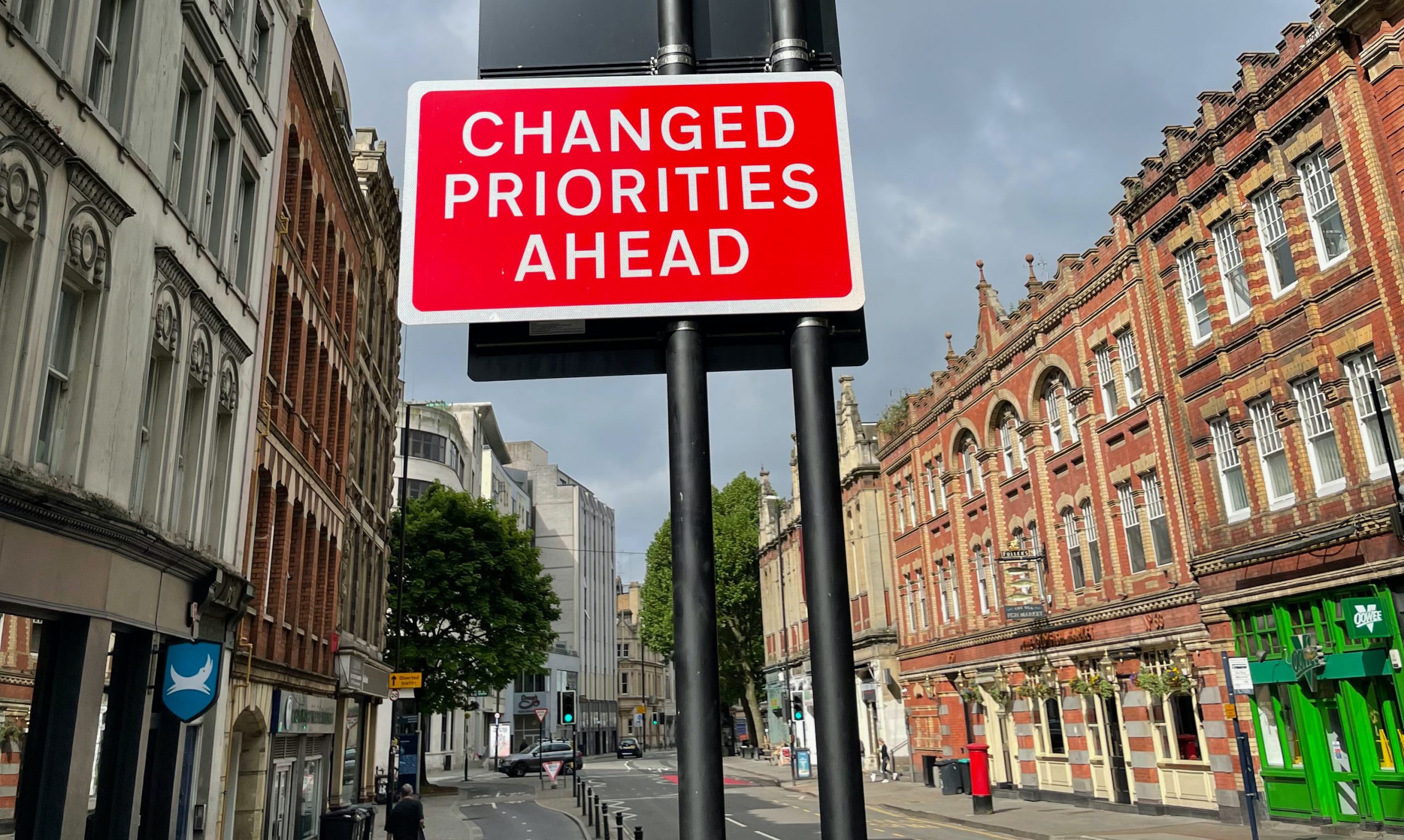Michael R. Murphy posted an update in the group For Plan Sponsors 8 years, 6 months ago
How often should plan sponsors meet with service providers? Monthly, quarterly, semi-annually, or annually? A plan and its investment option menu is like an aircraft carrier – it takes a long time to turn it. Unless something dramatic happens, meeting more than once a year may lead to short-term reactive decision making, which may not be in the best interests of the plan participants. What do you think?
Hosting an industry conference? Ask us about including it in this ticker.


























































Chris,
While I do understand your point, I prefer to meet with the participants twice annually, if possible. To be fair, we have some clients whom only allow a once a year set of meetings, but those employees are offered the opportunity to visit with us at any time of the year by phone or email to answer any questions.
Twice per year works out great, especially for our clients that are growing, as we get an additional opportunity to meet the new employees and sit down with them. Since we offer specific investment advice, it helps to do it in person.
Meeting face-to-face with client at least once a year is critical. The number of on-site visits per year really depends upon the client’s preferences, so each client should have a customized schedule calendared a year in advance.
However, I think the frequency is only part of the consideration when thinking about meeting with clients. Who you are meeting with is just as critical as the frequency. Ideally you’ve structured the sponsor into a formal Plan Committee and you are meeting with that group. However, you may also want to check in with others that may not be included in the formal committee, such as HR assistants and Payroll Managers/Specialists, who are not typically included. The folks on the frontline of handling the day-to-day plan transactions need attention to ensure they are comfortable with and properly carrying out plan functions and they can often alert you to plan administrative issues that haven’t floated up to the Plan Committee yet. Also, you never want to underestimate the influence of anyone touching the plan. I once had a business owners daughter working as the payroll specialist, so one whiff of an administrative issue could have been immediately communicated to the owner.